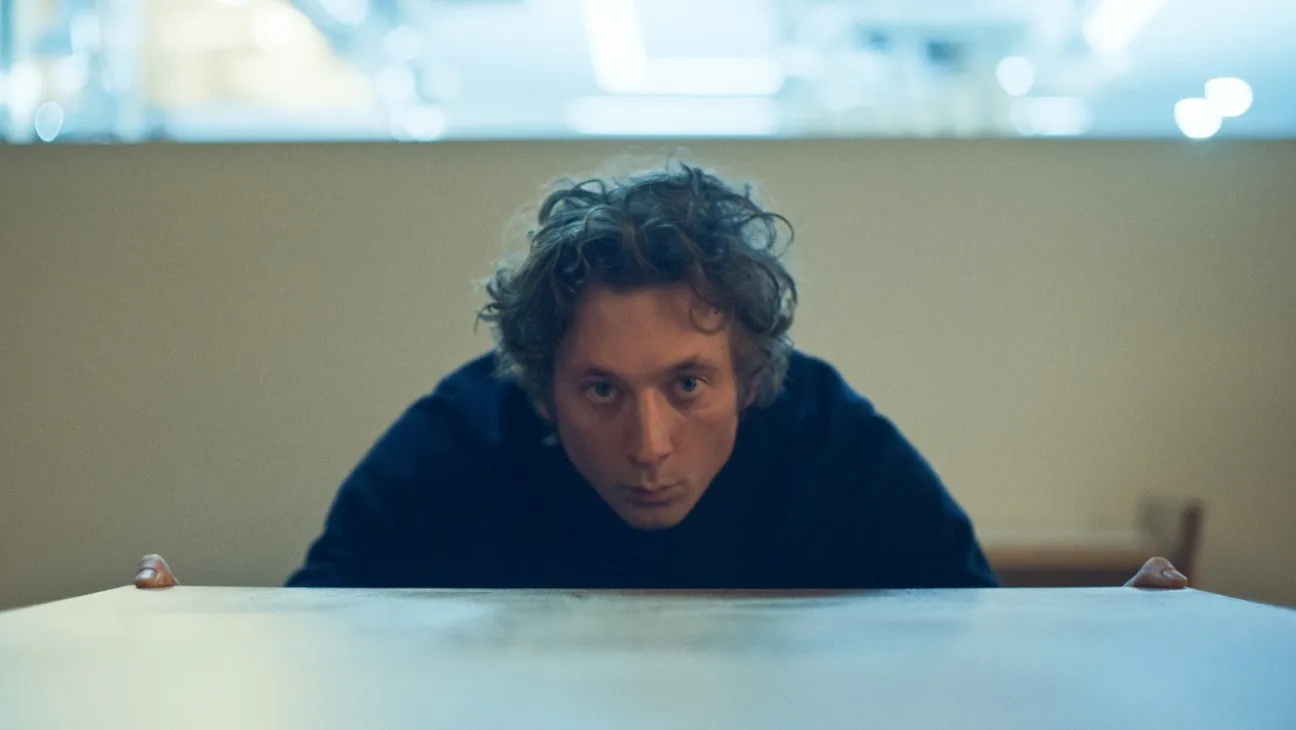The symphonic calamity of a restaurant is a balance of heaven and hell that I simultaneously love and despise. There is a thickening that happens to your skin when you work in restaurants, it’s like the rind of Parmigiano Reggiano, difficult yet flavorful. FX’s The Bear for the last two seasons has given me something that I rarely experience when watching a show – it’s reminded me of the tension in that reality, the pain from standing in garde manger for fourteen hours, vivid whiffs of smells long dissipated, and the urge to throw a pair of tweezers across the room and damn every micro green to the depths of hell. It’s why I love the show so much but also why I can’t watch it before bed. I’m too amped up, too invested, too… hungry! But I’ll ignore it all just to get a bite of The Bear, which I thankfully got when I binged season 3 with reckless abandon.
The Bear season 3 hits you in the gut like a fever dream cleverly constructed from a montage of trauma. Some of us become addicted to our pain and Carmy is no different. He is brined in his damage. His mind and body are accustomed to the imposter syndrome that keeps him going. He is tender, wounded, salty, flashing back to all the memories that bring him the most pain, knowing that they carry nothing but the high of being deeply broken. Just like an addict who’s right about to hit rock bottom, he consumes his insecurities like candy, until he’s overdosed on his compulsions.
Carmy’s mission to change the menu every day, accompanied by his unappetizing list of nonnegotiables, is not merely about pushing himself, Sydney, Richie, and the crew to their limits. It’s a manifestation of his inner turmoil and an attempt to impose some sense of control over his chaotic existence. The constant evolution of the menu reflects his restlessness and the impossibility of finding satisfaction, stability, and maybe even love. It’s his way of grappling with his demons, an act of self-soothing through ceaseless creativity.
In a sense, the list is also Carmy’s lifeline, a small but significant attempt to carve out a space of predictability and safety in a world that feels perpetually unstable. This relentless pursuit of change teetering with rigid boundaries is less about culinary innovation and more about keeping his mind occupied, preventing the stillness that might force him to confront his deeper, unresolved issues.
There’s a beauty to his chaos and in visually stunning collages of memories that hit like lightning strikes to my core, he pushes on to fill a void that he’s truly afraid he cannot escape. Each of the characters is also exploring their truths. This season feels like a love letter at its most tender stage of construction, recounting the failures that caused the letter to need to be written in the first place.
We go from last season’s vanishing forks (a symbolic reminder of Michael’s Christmas altercation and silverware chucking prowess) to season 3’s lack of spoons and as someone with chronic illness, I can’t help but hope that this is a cheeky nod to the spoon theory. That this is Carmy’s illness. It will kill him but it’s become such a deep part of who he is, that he does not know how to navigate the world without it. He doesn’t have an unlimited amount of energy to continue this fight and he has run out of spoons before he’s even begun the next chapter in his journey.
Every character is raw, exposed, frozen in a state of accomplishment and disappointment. This season feels different. It has a cloud looming over it. It’s ten episodes of uncertainty, beauty, and a heaping helping of that feeling you get when you know you need to hold yourself back, because if you snap, there’s no telling what will be unleashed from the parts you’ve spent ages trying to bury in that growing abyss inside you.
It is that dirty voice in the back of your head screaming and reiterating every fear that takes you to the edge of panic. The show has cemented itself as a story of rebirth but it also reminds you that rebirth is not some magic trick, it’s work. It’s cutting things open to expose the death of the past before the future can grow from its ashes. In this way, The Bear is fearless. It wants you to be uncomfortable. It wants you to question. It wants to remind you that often when realizing your true potential, you are left with scars.
This season is deliciously decadent. It’s rich and difficult to swallow but in the best way possible. It reminds me that things change and opportunities arise even when we can’t see our own power. It is what happens when we take care of others to distract us from achieving our own inner peace, because pain is all we know and it’s sadistically comforting. Maybe it’s just the former chef and restaurant manager in me, the version of me that misses the insanity of hospitality too much for my own good. I’ve become a glutton for punishment, whose addiction is satiated by watching Carmy meticulously line up pea shoots in the aftermath of his walk-in breakdown.
Through this relentless pursuit, The Bear season 3 reveals a deep, universal truth about the human condition: our need to control the uncontrollable and our desire to find meaning in the midst of chaos. It offers a raw and unflinching look at how we navigate our own complexities, reminding us that sometimes the most profound growth comes from our most desperate attempts to heal. And for those of us who have felt the heat of the line, this season is a powerful, resonant tribute to the beauty and brutality of both the culinary world and the human spirit. One “fuck you” at a time.

